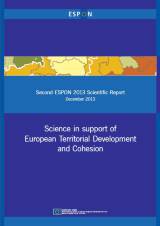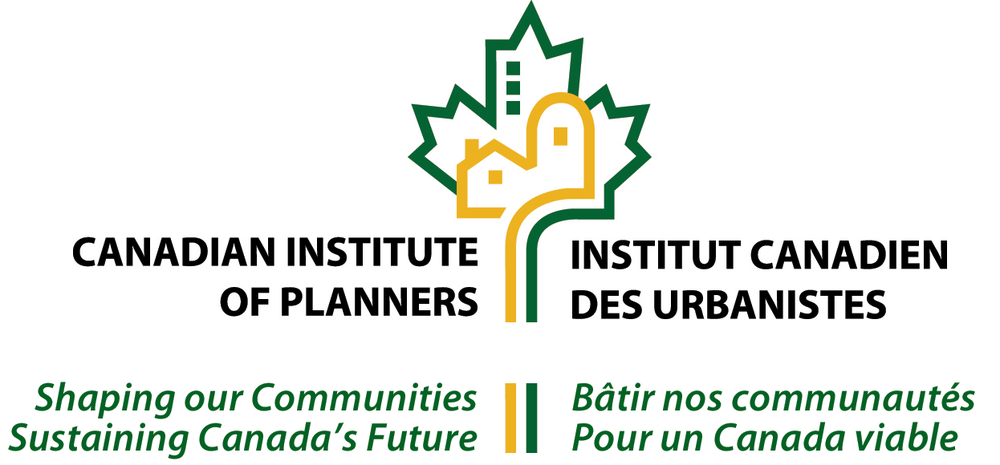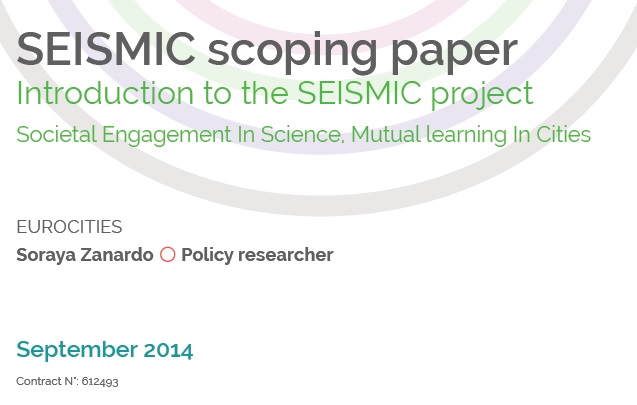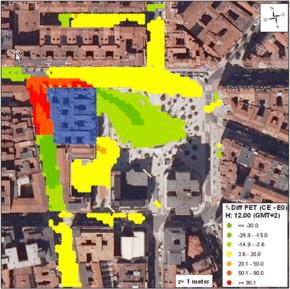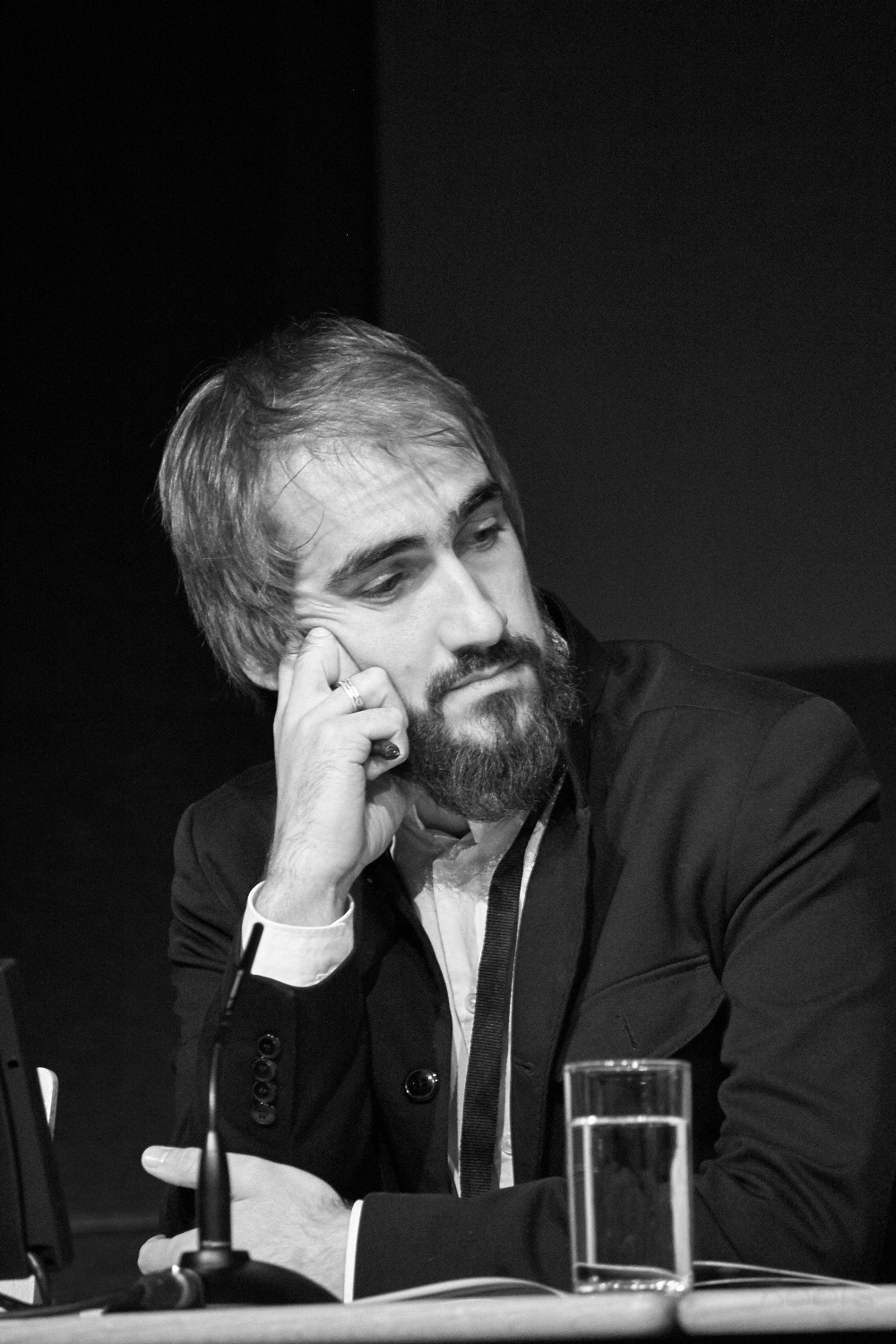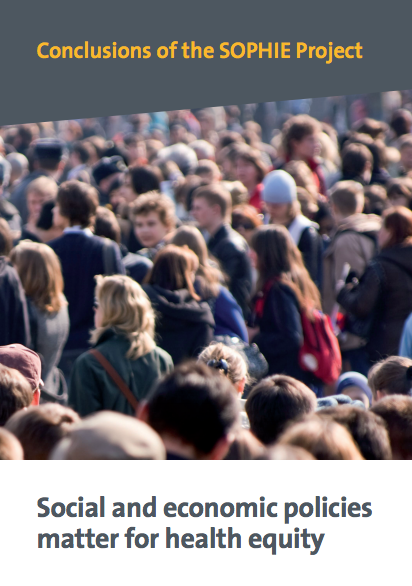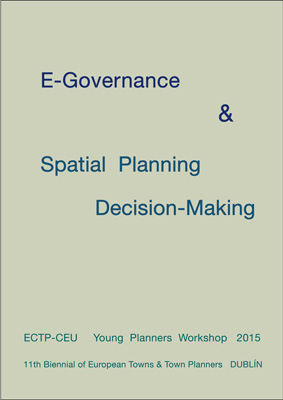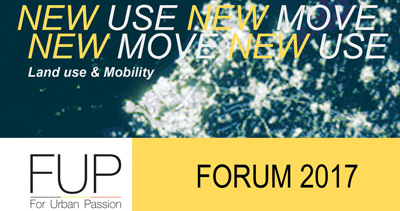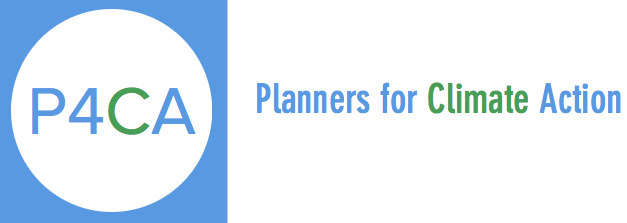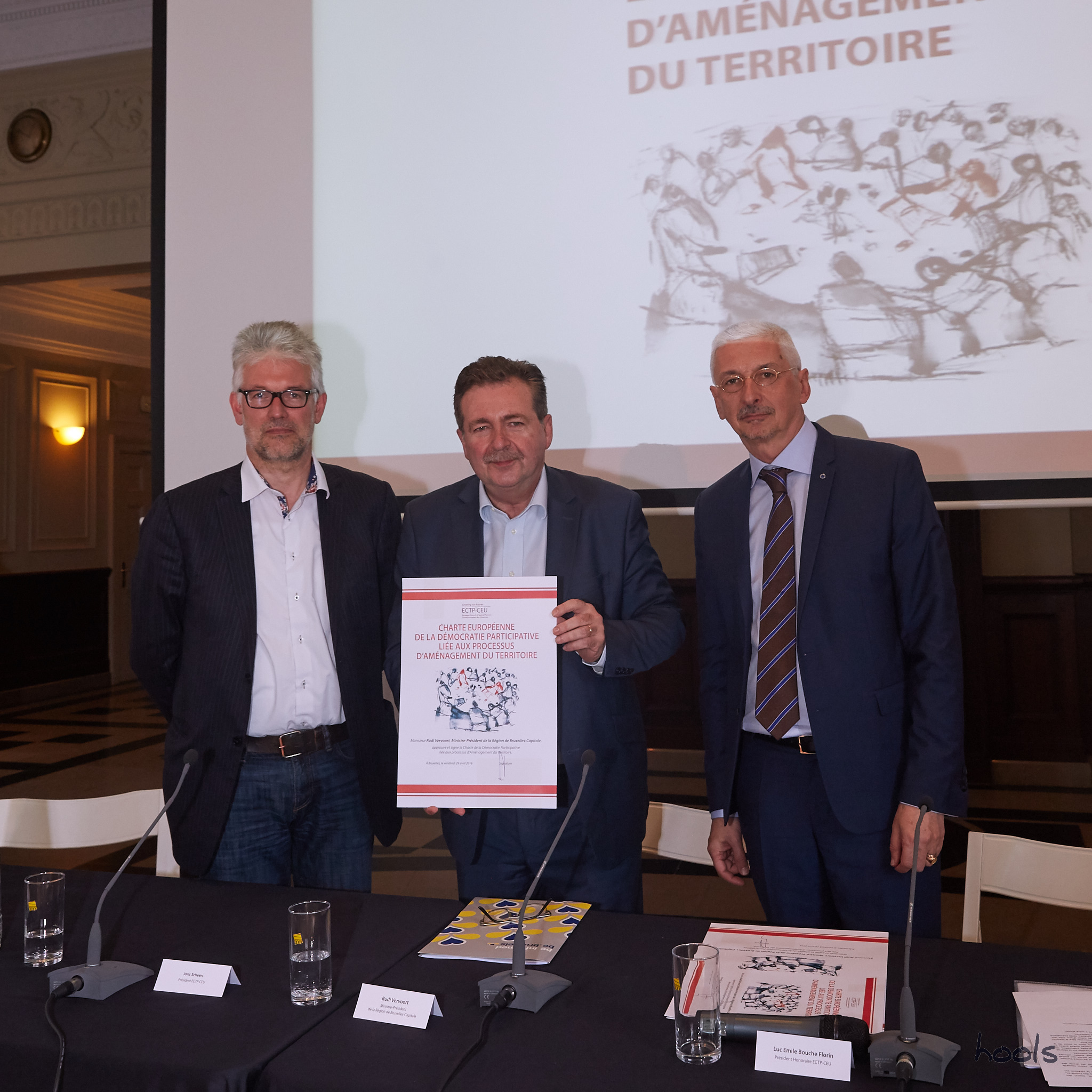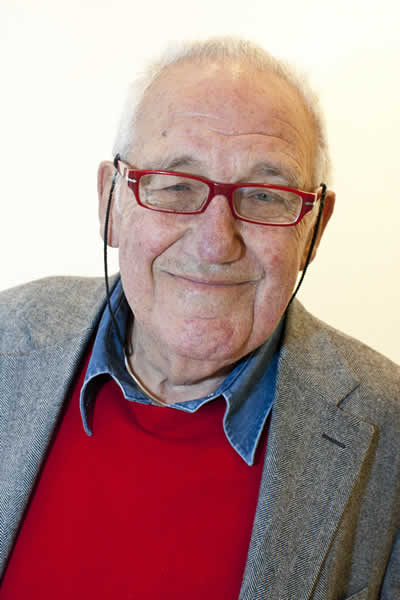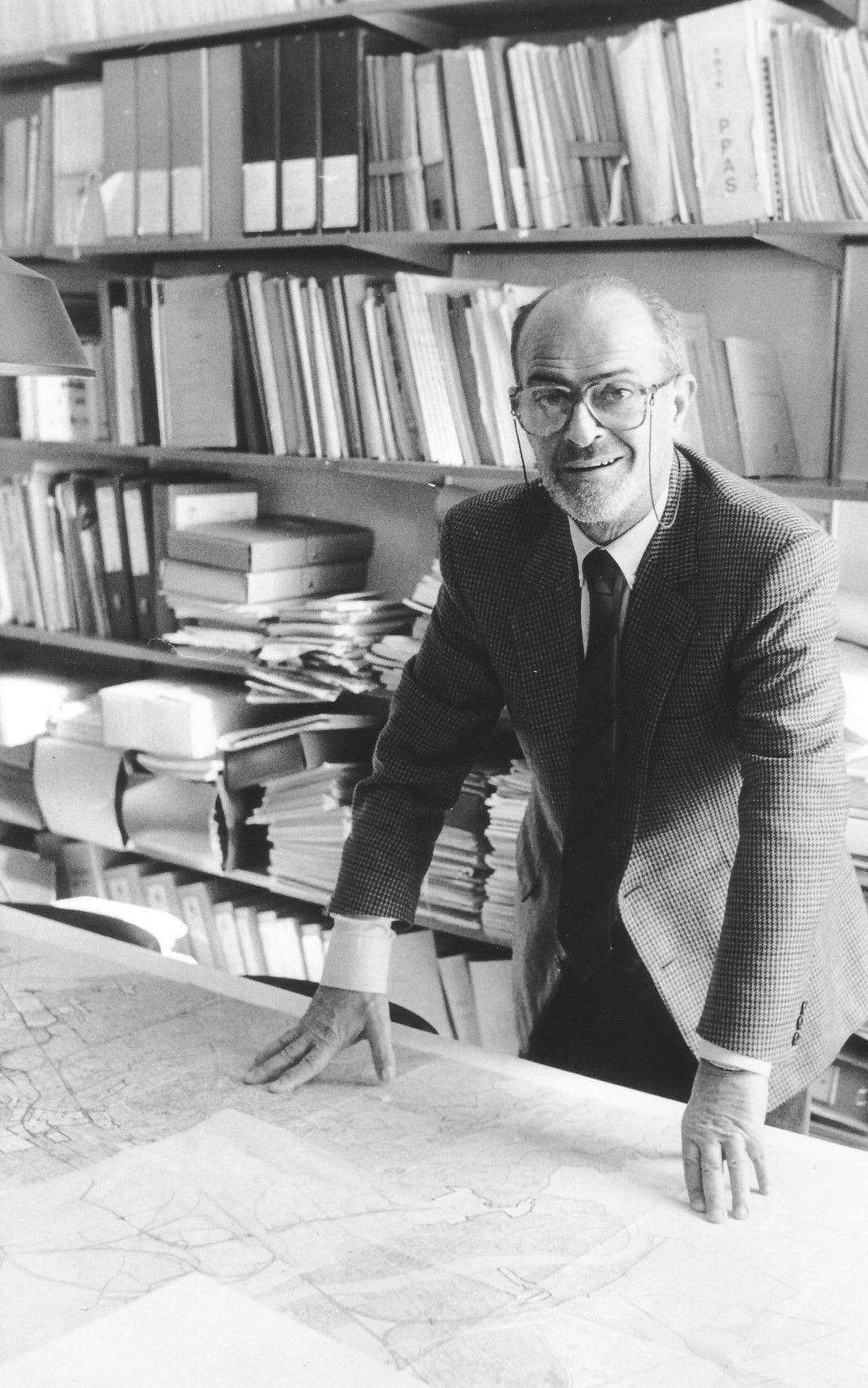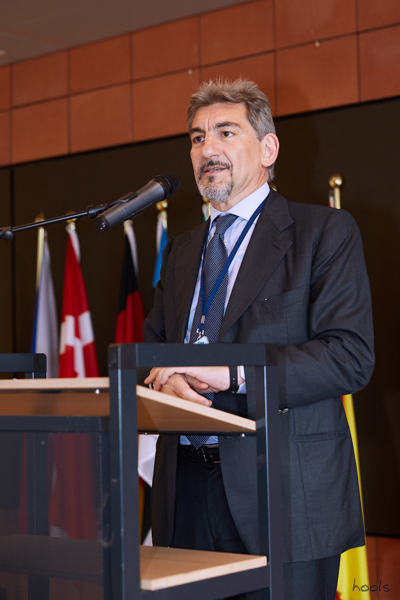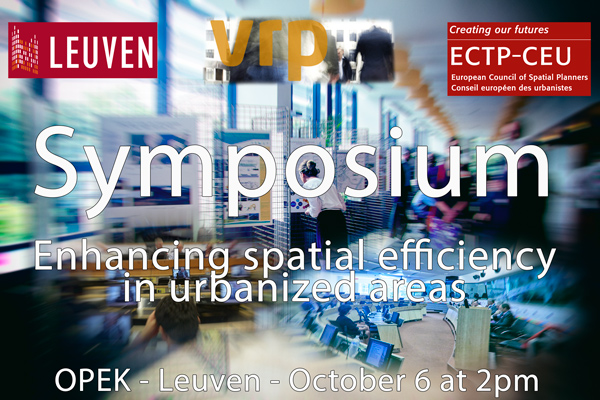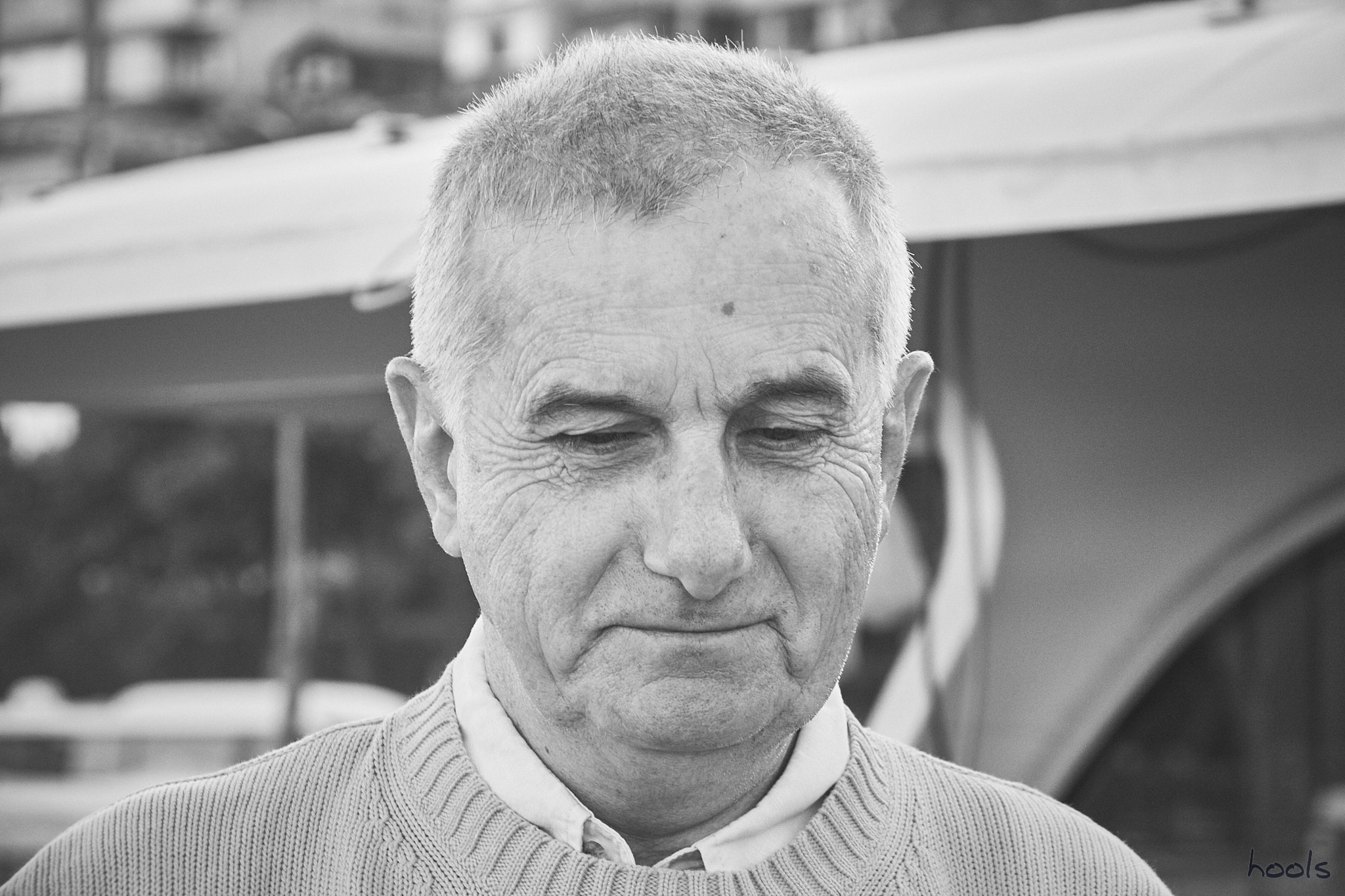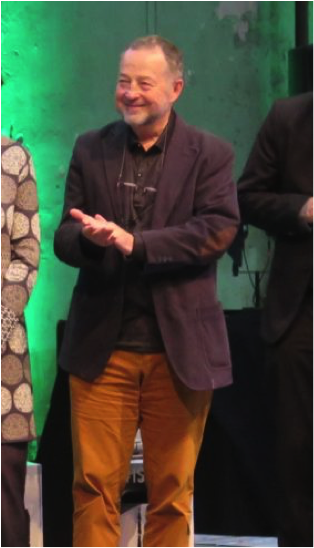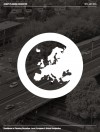
Planning Education No 3:
Excellence in Planning Education:
Local, European & Global Perspective
Planning Education No 3.
Excellence in Planning Education: Local, European & Global Perspective
Edited by Izabela Mironowicz
In 2008 when Anna Geppert was editing the first issue of Planning Education, it was meant to be more an internal report providing the AESOP community with an impression of our debates, given the importance of the issues at stake. After more than 2,000 downloads, she realised that the AESOP community needed a platform for sharing ideas discussed during our meetings. The second issue of Planning Education, published in 2010, had grown to a 75-pages well-structured journal. Building on AESOP debates, it had a wider perspective and context.
This third issue continues this development. It reflects debates which have profoundly interested the AESOP community in recent years: how to manage planning schools in times of crisis (debated at the Heads of Schools meeting in 2012 in Ås); how to bridge education and practice (discussed at Heads of Schools in 2013 in Gdańsk and 2014 in Lisbon); what does the European dimension of planning and planners really mean, both in education and practice (discussions in Gdańsk and Lisbon); how to respond to the local, European and global challenges of planning and planning education (discussed in Lisbon and the Heads of Schools in 2015 in Madrid)...Each issue of Planning Education should offer at least a little innovation. This one proposes a new section, which I believe, would be especially interesting for our community: national case studies of the curricula in planning. I am delighted that Christophe Demazière has agreed to do the first of this hopefully permanent section with the case study of France. I am convinced that sharing our knowledge about planning programmes will contribute to the general quality of our pedagogy. This issue discusses quality recognition and AESOP’s role in this process. The focus of Planning Education No 3 is the future. However paradoxically, we start with a re-working of the famous Klaus Kunzmann paper „Unconditional Surrender” presented at the 2004 AESOP Congress. What has been foreseen in Grenoble is even more evident in our 2015 Congress in Prague. I am delighted that Klaus Kunzmann has agreed to develop his inspiring paper, discussing the „Challenges of Planning Education in Times of Globalisation”. This is a thoughtful contribution to the development of our profession, including education.
I am very grateful to my colleagues, who, in spite of their busy schedules, have prepared outstanding papers for this issue, with a special word of gratitude to Anna Geppert, who was constantly encouraging me to complete this issue, and to Klaus Kunzmann, whose stimulating support, exceptional contribution and unquestionable wisdom has helped to complete the structure of Planning Education you are about to read.
Planning Education No 3 is also available to be read on ISSUU.
This third issue continues this development. It reflects debates which have profoundly interested the AESOP community in recent years: how to manage planning schools in times of crisis (debated at the Heads of Schools meeting in 2012 in Ås); how to bridge education and practice (discussed at Heads of Schools in 2013 in Gdańsk and 2014 in Lisbon); what does the European dimension of planning and planners really mean, both in education and practice (discussions in Gdańsk and Lisbon); how to respond to the local, European and global challenges of planning and planning education (discussed in Lisbon and the Heads of Schools in 2015 in Madrid)...Each issue of Planning Education should offer at least a little innovation. This one proposes a new section, which I believe, would be especially interesting for our community: national case studies of the curricula in planning. I am delighted that Christophe Demazière has agreed to do the first of this hopefully permanent section with the case study of France. I am convinced that sharing our knowledge about planning programmes will contribute to the general quality of our pedagogy. This issue discusses quality recognition and AESOP’s role in this process. The focus of Planning Education No 3 is the future. However paradoxically, we start with a re-working of the famous Klaus Kunzmann paper „Unconditional Surrender” presented at the 2004 AESOP Congress. What has been foreseen in Grenoble is even more evident in our 2015 Congress in Prague. I am delighted that Klaus Kunzmann has agreed to develop his inspiring paper, discussing the „Challenges of Planning Education in Times of Globalisation”. This is a thoughtful contribution to the development of our profession, including education.
I am very grateful to my colleagues, who, in spite of their busy schedules, have prepared outstanding papers for this issue, with a special word of gratitude to Anna Geppert, who was constantly encouraging me to complete this issue, and to Klaus Kunzmann, whose stimulating support, exceptional contribution and unquestionable wisdom has helped to complete the structure of Planning Education you are about to read.
Planning Education No 3 is also available to be read on ISSUU.
